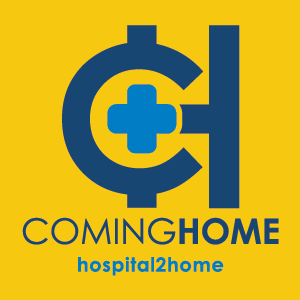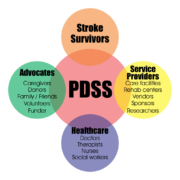NEW YEAR, POSITIVE MIND TO DEAL WITH CHROIC ILLNESS
The beginning of the year comes with its own new year fatigue and most of us drown in our thoughts, especially people living with chronic illness. There’s no excuse for negative energy, this is the year to adjust to your current lifestyle, take care of your health, eat healthy and start slaying in whatever you do. Positive vibes only for 2022.
You might be wondering how to stay positive while living with a chronic illness especially in a new year, well this articles will answer some of your questions and gives tips on how to improve. Firstly, having a chronic illness is like having a second full-time job. On top of managing the ins and outs of a rigorous, sometimes burdensome health program, dealing with the symptoms and ramifications of a chronic illness can take a toll on your mental health, too.
According to Dr. Gilliand, some people dealing with cardiovascular disease, diabetes, or another kind of chronic illness may also have depression. That’s why it’s more important than ever to focus on getting your mind right, honing in on positivity.
Ways to Stay Positive If You Have a Chronic Illness
- Remind yourself you’re not alone
This understanding and awareness can help you feel more in control, less helpless, and abler to take action and get the support you need. Find a support group with people who are going through a similar situation, or turn to people who care about you most, like family and friends.
- Get the support you need
It’s imperative that you have a support system as soon as the new year begins and a plan for your mental health, because according to Dr. Gilliland, stress and mental ailments can suppress our immune system.
- Manage all the symptoms you can
Don’t let yourself get bogged down by side effects. Whether it’s headaches, an upset stomach, or dry mouth, the more you can manage your symptoms, the more you can focus on feeling good.
- Make little goals
“Don’t compare yourself to somebody else, or to people in general — if you’re going to compare, compare yourself with how you were yesterday or one week ago.
Coming home organization gives weekly tips, advices and health diet plan on our Facebook page make sure to visit so that we can make your life a lot easier and remember #weareinthistogether





